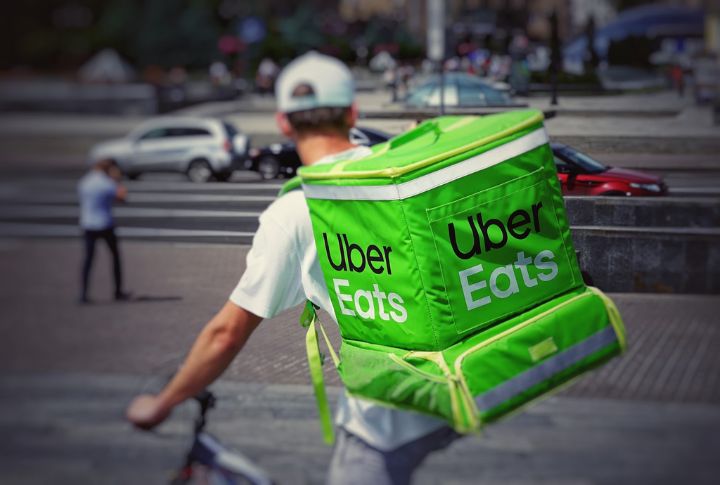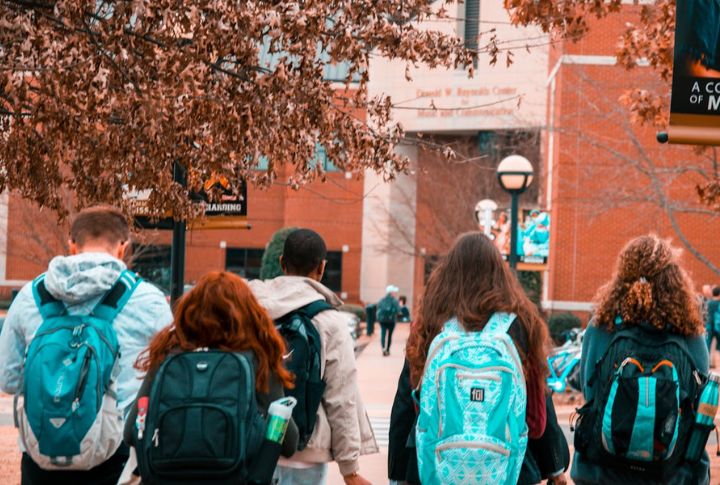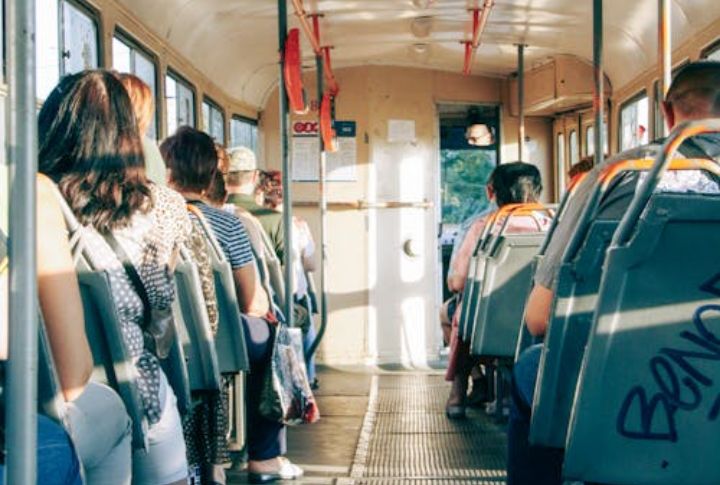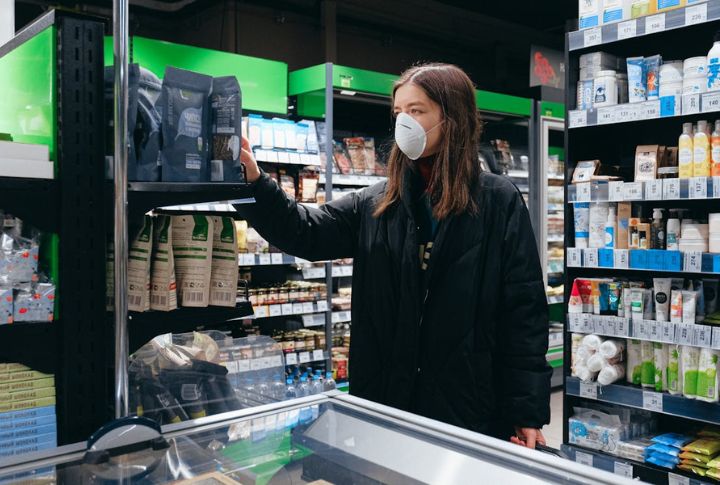
Hard work is no longer the surefire path to stability and success in America. Despite rising productivity and longer work hours, millions of Americans are left behind and increasingly disillusioned. The country’s financial state has been under scrutiny for some time, and these 20 signs paint a sobering picture of why working harder doesn’t always translate into moving forward.
Hard Work Doesn’t Guarantee Better Pay

While workers continue to push productivity higher, the rewards don’t reach them. Instead, gains tend to flow upward, with top executives reaping the bulk of the benefits. This growing gap between the two sectors is pushing people to take up more than one job to pay their bills.
A Degree Doesn’t Ensure Economic Mobility

A growing number of young Americans are finding that higher education doesn’t deliver the financial footing it once did. Meanwhile, U.S. student debt has climbed above $1.7 trillion, with average borrowers owing $29,300, taking more than 20 years to repay, and undermining the financial value of a college degree.
Health Crises Impose Heavy Debt

In the U.S., a health emergency can upend a family’s financial stability. Even with insurance, medical bills can spiral into long-term debt. Studies from Cornell and other institutions point to medical costs as a leading cause of personal bankruptcies, making clear that in America, getting sick is a luxury many can’t afford.
Gig Work Often Doesn’t Pay Enough

While gig work is often seen as a flexible way to earn money, the reality is more complicated. Many gig workers end up logging long hours just to cover basic costs. And after all the deductions, the actual take-home pay can be surprisingly low. It’s a hustle that promises freedom but delivers financial strain.
Housing Costs Outpace Income Growth

Since 1965, U.S. home prices have surged 118%, while median household income has risen just 15%, after adjusting for inflation, according to Real Estate Analysis. Meanwhile, approximately half of renter households spend about 30% of their income on housing, indicating widespread affordability stress (U.S. Census Bureau).
The American Dream Is Statistically Diminished

The belief that each generation will do better than the last no longer holds for many families. In some parts of the country, a person’s future is more determined by their ZIP code than their ambition. Social mobility is becoming harder to chase, especially for those starting from scratch.
Long Hours Don’t Yield Better Outcomes

Working late nights and skipping vacations might sound like commitment, but in many cases, it’s just survival mode. Despite putting in more hours than workers in many other developed countries, Americans often receive fewer benefits, like paid time off or sick leave.
Wealth Is Increasingly Inherited

Those born into affluent families have a significant head start, from elite education to prime networking opportunities. Meanwhile, those without a financial cushion can spend a lifetime working hard and still never catch up. It’s a system that rewards lineage more than labor.
Minimum Wage Falls Short Of Basic Needs

The current minimum wage simply doesn’t stretch far enough. Even full-time workers struggle to afford housing, food, and healthcare. In some cases, wages haven’t budged in years, despite the rising cost of living. For many, working hard full-time still means living paycheck to paycheck.
Automation Threatens Job Security

Up to 30% of U.S. employment is at risk of automation by 2030, especially in retail, manufacturing, and transportation, says a report by McKinsey. AI is also displacing roles in law, journalism, and customer service, as robots now outperform humans in terms of speed and precision.
Side Hustles Are Survival Strategies

Side gigs used to be a way to earn extra cash, but now, they’re a necessity. More people are taking on second and even third jobs just to make ends meet. From rideshares to online selling, these extra efforts often fill financial gaps left by underpaying primary jobs.
Loyalty Yields Little Reward

Staying loyal to one company doesn’t always pay off the way it once did. Raises are slow, promotions are rare, and job cuts can come without warning, even during profitable times. These days, jumping from job to job is indeed the quickest way to move up the ladder.
Financial Literacy Is Inadequate

Many Americans were never taught how to manage money, and they’re paying the price. From credit card debt to emergency expenses, people are navigating a complex financial world without the tools they need. Basic financial education is still missing in too many schools and households.
Social-Impact Jobs Are Underpaid

Professions such as teaching and social work rank among the lowest-paid, despite their high emotional and social value. Following the pandemic, wage gains remained meager, and many in these sectors work full-time yet struggle financially. The only way to address this problem is to bring in major reforms.
Retirement Security Is Eroding

Traditional pensions now cover only 15% of private-sector workers , according to Bloomberg. More than half of older generation Americans have no retirement savings, and Social Security reserves are projected to run out by 2035 (ssa.gov). Reliance on volatile 401(k)s also forces many to plan indefinite work lives.
Meritocracy Often Favors The Privileged

Legacy and donor admissions give wealthy students advantages at elite colleges. Unpaid internships in politics and media favor those with financial support, while promotions are frequently given based on social networks over performance, undermining meritocratic ideals. This leaves out students who are credible only due to financial constraints.
Debt Erases Economic Progress

According to the Federal Reserve Bank of New York, in Q2 2023, total U.S. household debt reached $17.06 trillion, with credit card balances exceeding $1 trillion. Even when people manage to earn more or save a little, debt can quickly wipe it all out. High-interest credit cards and rising living costs create a cycle that’s tough to escape.
Rural Workers Face Shrinking Opportunity

In many rural areas, good jobs are becoming harder to find. Factories have closed, small businesses have disappeared, and options are limited. Workers often have to travel long distances for low-paying roles, with few chances for advancement or economic stability close to home.
Being Poor Costs More

For many low-income Americans, essentials come at a premium. In neighborhoods without nearby grocery stores—called food deserts—residents rely on small shops that charge more for less. Add in high-interest credit cards and inflated utility rates, and the working poor sometimes spend more just to meet basic needs.
Childcare Costs Rival College Tuition

In many U.S. states, the average cost of full-time childcare exceeds in-state college tuition, according to the Economic Policy Institute. For working parents, this creates a financial Catch-22. In fact, earning an income means paying nearly as much, or more, just to have someone care for their children during work hours.

